Former Kaduna Governor Opens Up About His Political Journey, APC’s Decline, and Why He Joined SDP
Former Kaduna State Governor Nasir El-Rufai has made a stunning revelation about his entry into politics, clarifying that he was not influenced by former President Muhammadu Buhari but was instead introduced to the political scene by Pastor Tunde Bakare.
Speaking in an exclusive interview with BBC Hausa on Thursday, El-Rufai disclosed that it was Pastor Bakare who took him to meet Buhari, ultimately leading to his involvement in the All Progressives Congress (APC).
His statement comes amid the fallout from his defection from APC to the Social Democratic Party (SDP), a move that has sparked discussions about the future of Nigeria’s ruling party and the growing opposition.
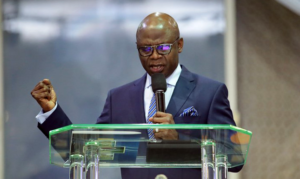
El-Rufai’s Journey Into Politics: A Pastor’s Influence
Before becoming a prominent political figure, Nasir El-Rufai was a technocrat, serving as the Minister of the Federal Capital Territory (FCT) from 2003 to 2007. However, he revealed that it was not Buhari who persuaded him to join partisan politics, but rather a respected religious leader.
“I did not join the APC because of Buhari. It was Pastor Bakare who dragged me into APC,” he said.
Pastor Tunde Bakare, a well-known preacher and politician, played a key role in El-Rufai’s transition from public service to frontline politics. Bakare, who was Buhari’s running mate in the 2011 presidential elections, reportedly facilitated the meeting between El-Rufai and the former president.
This revelation challenges the long-held belief that El-Rufai was a close political disciple of Buhari from the beginning, instead suggesting that his entry into politics was motivated by ideology rather than personal loyalty.
El-Rufai Slams APC: “The Party Has Lost Its Purpose”
The former governor did not mince words when speaking about his disillusionment with the APC, describing the party as a shadow of its former self.
“Everyone in APC is working for themselves and looking for money. The government is commercialized, everything has a price tag,” El-Rufai declared.
He lamented that the ruling party had abandoned the principles of justice, fairness, and inclusion that originally brought its members together.
“Justice has been kept at bay. Those who worked for the party were ignored instead of being compensated. If there is any position or appointment, they give it to a Lagos boy, etc.”
His statement points to the growing discontent within the APC, with many members feeling marginalized by the concentration of political influence in certain factions of the party.
Consulting Pastor Bakare and Buhari Before Leaving APC
El-Rufai revealed that before making his final decision to leave the APC, he felt it was necessary to consult Pastor Tunde Bakare, given the pastor’s role in bringing him into politics.
“We spoke. We said this is not the party we know. The party is dead. I said the only option is for me to meet Pastor Tunde Bakare because he dragged me into APC.”
El-Rufai also personally informed Buhari about his decision, seeking his blessings before making the move.
“Buhari too, I told him I was leaving the party. I sought his blessings and prayers. He said he has given me his blessings and prayers.”
By securing Buhari’s blessing, El-Rufai has positioned himself as someone who is not leaving out of bitterness but rather due to ideological differences with the party’s current direction.
“We are the ones in politics. He (Buhari) is now father of the land and has been praying for us, so what remains?”
This statement suggests that Buhari has taken a backseat role in Nigerian politics, preferring to observe rather than interfere in the internal struggles of his former party.
Why El-Rufai Joined the Social Democratic Party (SDP)
El-Rufai’s defection to the Social Democratic Party (SDP) is one of the most significant political realignments in recent times. While he has not explicitly stated his political ambitions, analysts believe this move could signal a potential presidential or vice-presidential bid in 2027.
His decision to join SDP reflects a wider dissatisfaction with the APC among former key players, with some believing that the ruling party has lost the trust of the people due to poor governance and unfulfilled promises.
By joining SDP, El-Rufai aligns himself with a party that promotes social justice, economic empowerment, and national unity, values that he feels are missing in the current APC leadership.
What This Means for Nigerian Politics
El-Rufai’s exit from the APC could have several implications for Nigeria’s political landscape:
1. A Weakened APC
With key figures like El-Rufai, former Minister of Transportation Rotimi Amaechi, and others reportedly disgruntled, the APC may struggle to maintain unity ahead of the 2027 general elections.
2. A Stronger Opposition
With El-Rufai’s popularity in northern Nigeria, the SDP could emerge as a formidable opposition force, attracting other discontented politicians and voters seeking an alternative to the ruling party.
3. Buhari’s Neutrality
By giving his blessing to El-Rufai’s departure, Buhari appears to be distancing himself from APC’s internal affairs, leaving the party leadership to navigate its own challenges.
4. Potential Political Realignments
More politicians could follow El-Rufai’s lead, leading to a possible reshuffling of Nigeria’s political alliances in the coming years.
What’s Next for El-Rufai?
With his move to SDP, El-Rufai’s next political step remains uncertain. Some political analysts believe he may be positioning himself for a presidential or vice-presidential ticket in 2027, while others speculate that he might focus on party-building and strategizing for the next elections.
One thing is clear: El-Rufai’s departure is a major blow to the APC, and his growing influence in SDP could reshape Nigeria’s political future in unexpected ways.
As the country inches closer to the next elections, the question remains: Will El-Rufai’s defection spark a larger movement, or will the APC find a way to recover and retain its dominance?
Only time will tell.






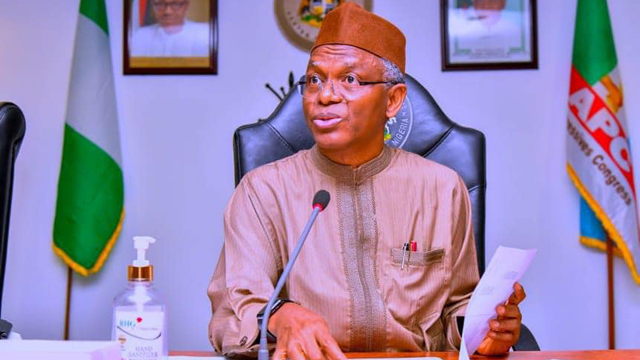
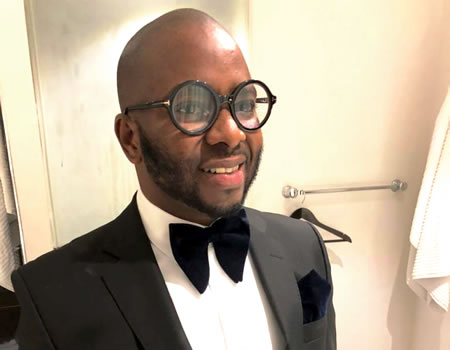




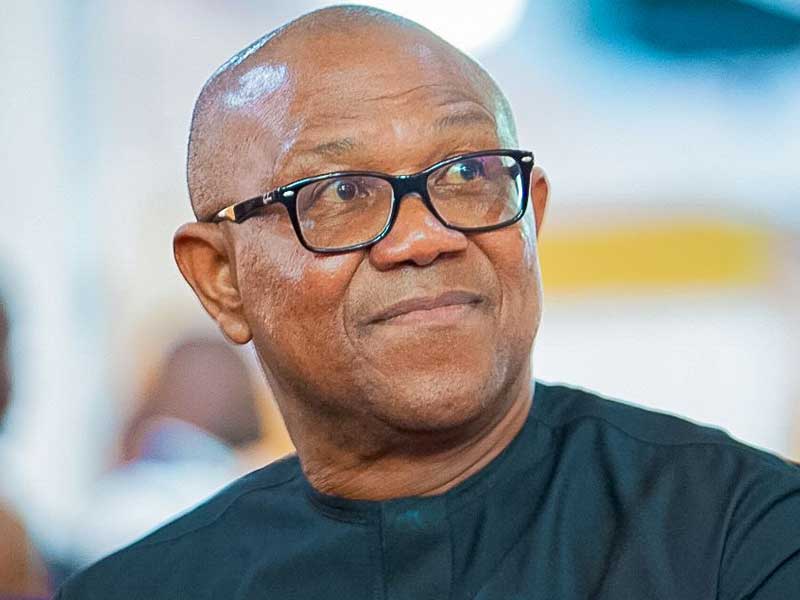

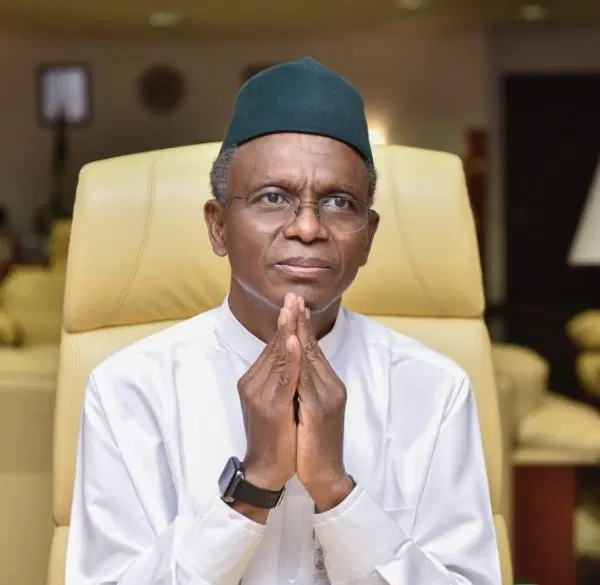
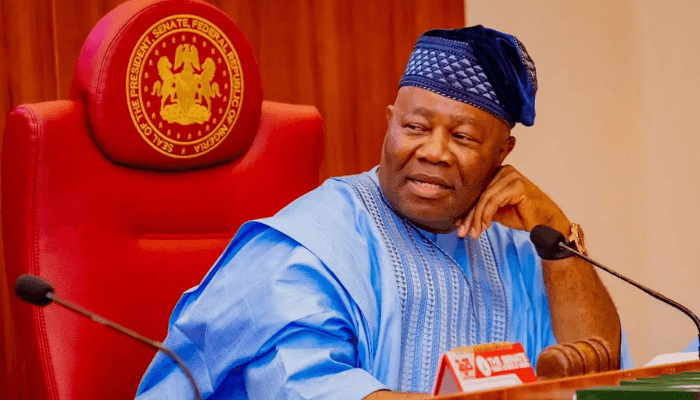
Got a Questions?
Find us on Socials or Contact us and we’ll get back to you as soon as possible.